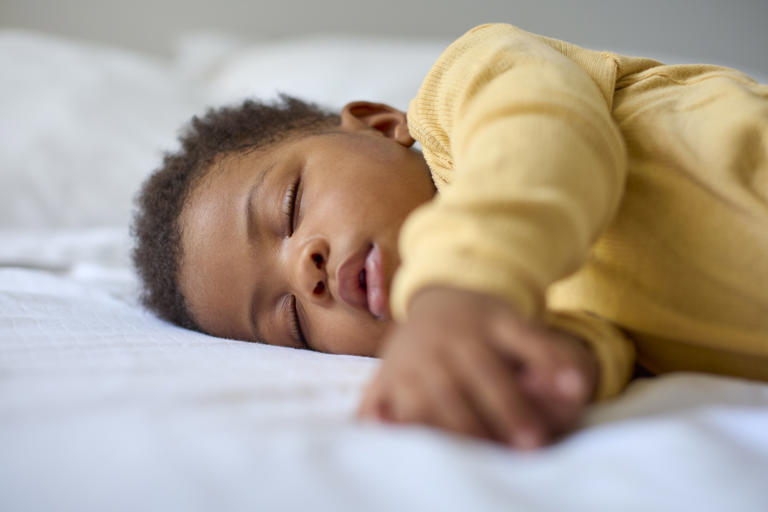Babies who sleep less or experience poorer sleep quality are significantly more likely to develop autistic characteristics as they grow older, and some may even go on to be diagnosed with autism. At six months old, each additional hour of night sleep was associated with a 4.5 percent reduction in autistic traits at ages two and four, as well as a 22 percent lower chance of an autism diagnosis by age 12. Conversely, at 12 months, babies who took longer to fall asleep–each five-minute increase in sleep latency (the amount of time it takes for a person to transition from being fully awake to falling asleep after getting into bed)–showed a 1.5 percent increase in autism characteristics and a 7.7 percent higher chance of an autism diagnosis. “Our findings suggest that infant sleep behaviors, especially nocturnal patterns, may serve as early indicators of autism, enabling early detection and intervention opportunities, including sleep-focused support 42 percent of children later diagnosed with autism had used melatonin within the past month, a common remedy for sleep difficulties, suggesting a possible attempt by parents to manage early sleep challenges. Autism varies widely, requiring different levels of support, and is linked to greater health challenges and lower life expectancy. Early detection and evidence-based interventions are crucial for better outcomes, underscoring the importance of enhancing these efforts so children receive timely access to support.
Thank you for reading this post, don't forget to subscribe!
Saturday, October 11, 2025


